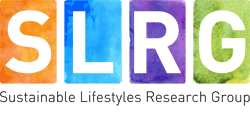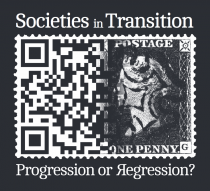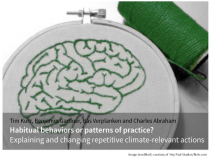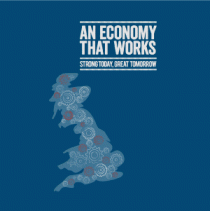- About
- Team
- Projects
- Children and the Environment
- ELiCiT (Exploring lifestyle changes in transition)
- Foundations for Sustainable Living
- HABITs
- Mapping Rebound Effects
- PASSAGE (Prosperity and Sustainability in the Green Economy)
- Policy Dialogue
- Price Responsiveness of Demand in Energy
- Resilience and Sustainable Lifestyles
- Sustainability Transitions in Food Systems
- Sustainable Living in Remote Rural Scotland
- Publications
- News
- Events
Societal transformations for a sustainable economy
| Title | Societal transformations for a sustainable economy |
| Publication Type | Journal Article |
| Year of Publication | 2011 |
| Authors | Jackson, T |
| Journal | Natural Resources Forum |
| Volume | 35 |
| Pagination | 155-164. |
| Abstract | This paper explores some social aspects of the transition to a sustainable economy. Starting from basic premises of ecological limits and social justice, the author examines the complex relationship between income and human well-being and argues that the rich world has a responsibility to “make room for growth” where it matters most in terms of improved well-being; that is, in the poorest nations. The paper argues that this cannot be achieved simply through efficiency improvements or material “decoupling”. A simple scenario analysis is used to illustrate the heroic nature of the assumptions that decoupling can achieve global carbon targets. Even if such assumptions are technically justifiable, economic incentives and social logic conspire against technological improvements of this magnitude. Instead, there is a need for profound transformation of the economic system itself, for which the rich nations must take a primary responsibility. This transformation has implications for incentive structures, ownership patterns, investment portfolios, the organisation of financial markets, and the structure of economic activities and for expectations of economic growth. It also demands a new economics, informed by a broader — and more realistic — vision of human nature. |













